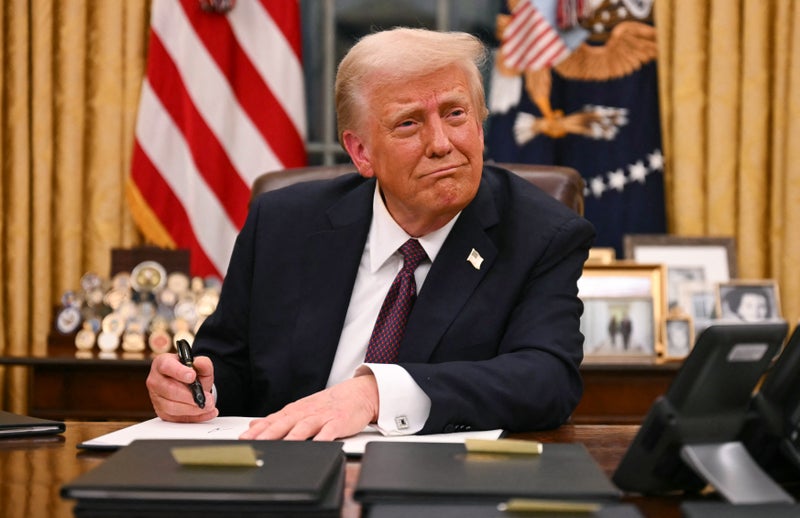“Remigration” has been central to the AfD’s recent election campaign, during which the party’s leader Alice Wiedel has been invited onto TV to take part in election debates for the first time, while their policies have increasingly been amplified on social media, including by X owner and increasingly vocal AfD backer Elon Musk.
By the time of the 2017 election, which saw it enter the Bundestag for the first time with 12.6 per cent of the vote, AfD’s manifesto claimed that “Islam does not belong in Germany” and claimed that Germany’s Muslim population posed “a great danger to our state, our society and our system of values”.
Mass protests were triggered last January against the AfD amid calls from parliamentarians to ban the party, after a bombshell investigation exposed a secret meeting with far-right extremists in Potsdam to discuss the mass deportation of foreigners and “non-assimilated” Germans should the AfD win power.
On the eve of the election, Der Spiegel’s Berlin office editor Marina Kormbaki noted that, “under Alice Weidel, the party has lost its horror for many voters, and Weidel's numerous TV appearances have accelerated the normalisation of the AfD”, which was set to benefit from a series of suspected terror attacks involving migrants.
While Mr Merz and other democratic parties still insist they will not work with the AfD, the far-right party has won powerful international allies, such as billionaire X owner Elon Musk and US vice president JD Vance, whose backing may see their influence continue to grow.

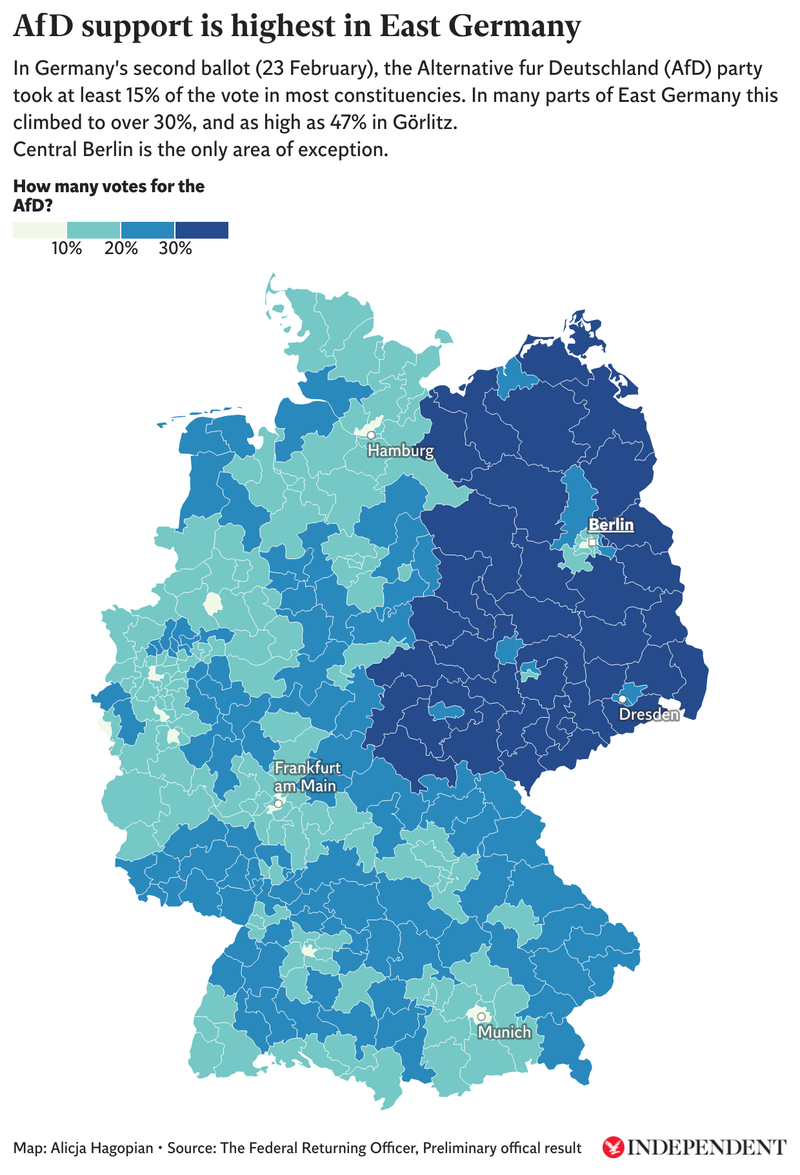
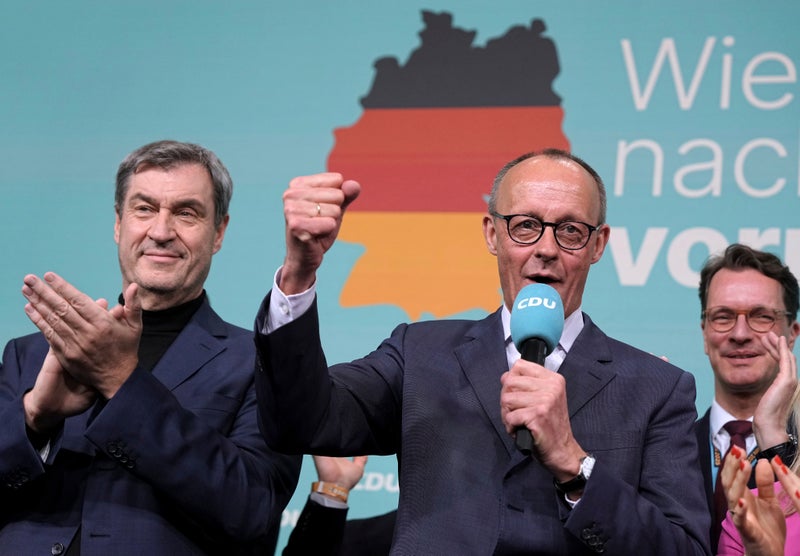









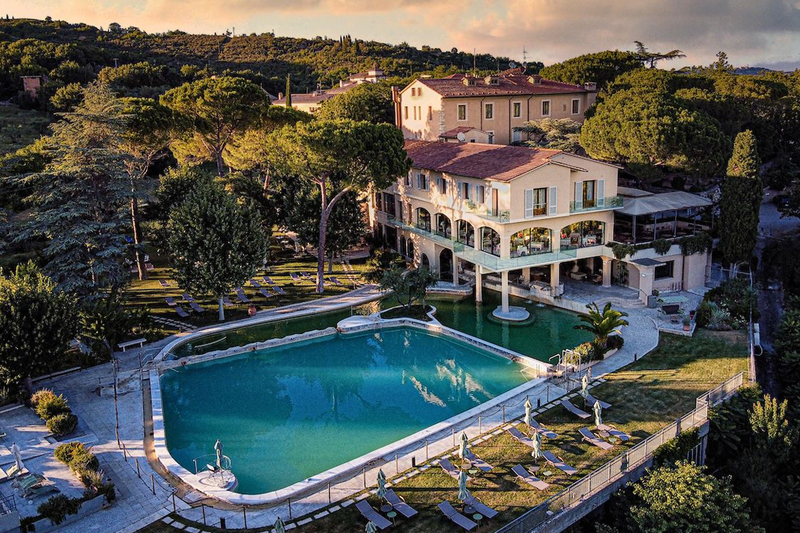





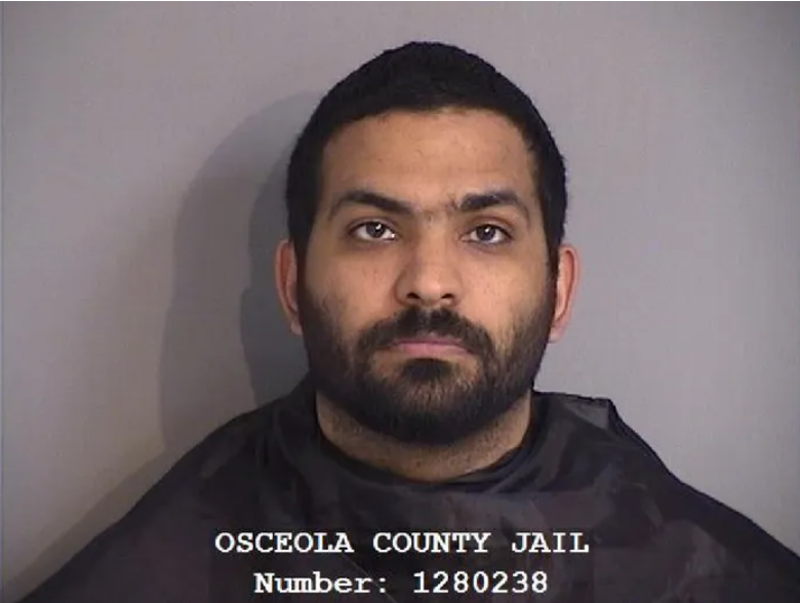




.jpeg?auto=webp&width=800)


